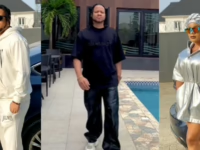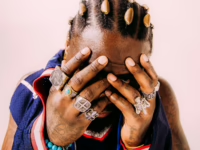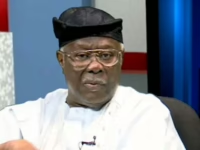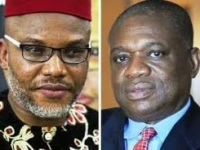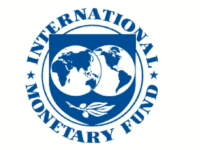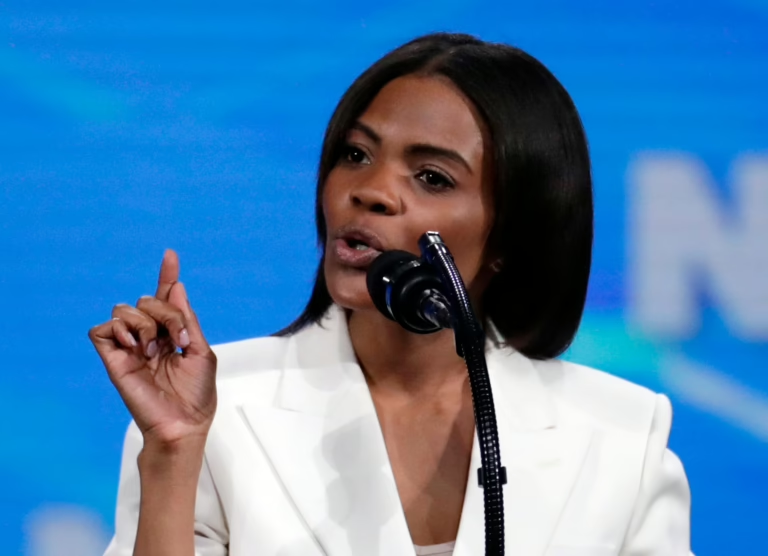An Australian official referenced a US influencer’s public statements minimizing the Holocaust and expressing Islamophobic views.
Published On 15 Oct 2025
The High Court of Australia has upheld the government’s refusal to grant entry to Candace Owens, a far-right American commentator, concluding that her presence could potentially provoke social unrest within the country.
In a unanimous decision released Wednesday, the court affirmed that the 2024 denial of Owens’s visitor visa was lawful and ordered her to cover the government’s legal expenses.
Recommended Stories
list of 4 itemsend of list
The ruling referenced a provision in Australia’s Migration Act which permits visa refusal if an individual’s entry is likely to incite division or conflict among the Australian populace or within specific community groups.
Owens, known for her provocative right-wing podcast and political commentary, sought to enter Australia for a commercial speaking engagement scheduled for November 2024.
Australia’s Home Affairs Minister, Tony Burke, who holds authority to deny visas based on character assessments, rejected her application in October 2024, citing concerns that her rhetoric could fuel hostility and potentially incite violence or extremism.
Burke pointed to Owens’s public statements that minimized the severity of the Holocaust and included Islamophobic content as key reasons for the refusal.
“From trivializing the atrocities committed by Nazi doctor Josef Mengele to asserting that Muslims were responsible for initiating slavery, Candace Owens’s statements have the potential to sow discord across multiple communities,” the minister remarked last year, as reported by the Herald Sun.
The High Court of Australia has delivered its ruling in the battle between Immigration Minister Tony Burke and a controversial American right-wing influencer. > https://t.co/Caf2KV6zMQ pic.twitter.com/Gyi8l6kkKm
– Herald Sun (@theheraldsun) October 15, 2025
Owens challenged the visa denial in the High Court, arguing that it infringed upon her right to political expression. However, unlike the United States, Australia does not guarantee an explicit constitutional right to free speech.
“The implied freedom of political communication is neither a personal entitlement nor an absolute right,” stated High Court Justices Stephen Gageler, Michelle Gordon, and Robert Beech-Jones in their joint opinion.
The judges highlighted that Minister Burke’s decision was informed by a thorough review of Owens’s public remarks on topics such as anti-racism, Black Lives Matter, anti-Semitism, women’s and LGBTQ rights, COVID-19, and vaccine skepticism.
Burke determined that Owens’s statements were “extremist and inflammatory,” targeting Muslim, Black, Jewish, and LGBTQIA+ communities, thereby fostering division and hatred. Consequently, she was deemed to have failed the character requirements for visa eligibility, with her admission considered contrary to Australia’s national interest.
High Court Justice James Edelman dismissed Owens’s arguments emphatically in a separate judgment.
Earlier this year, Australia also revoked the visa of American rapper Ye, formerly Kanye West, over concerns that his music promoted Nazi symbolism, notably in his track “Heil Hitler.”




